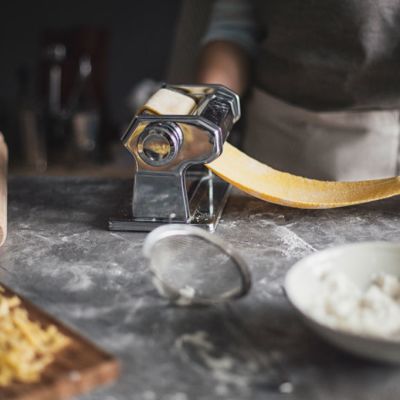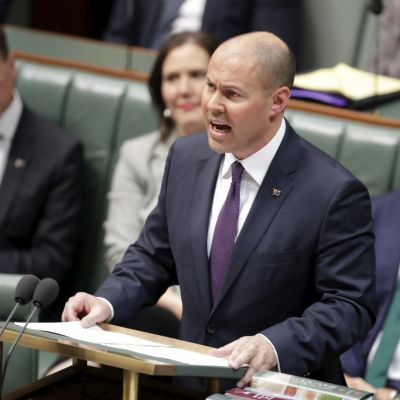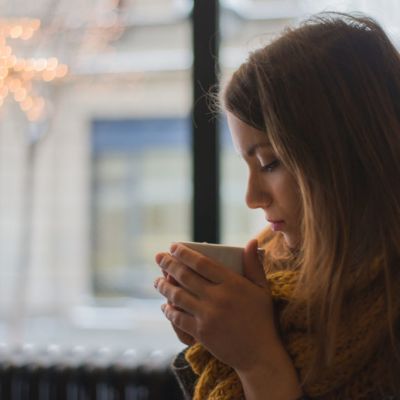Support is available for those who may be distressed by phoning Lifeline 13 11 14 (24 hours a day) or texting 0477 13 11 14 (available 6pm – midnight AEST, seven days a week); Mensline 1300 789 978; Kids Helpline 1800 551 800; beyondblue 1300 224 636.
Cabin fever? How a month of staying at home is affecting our mental health
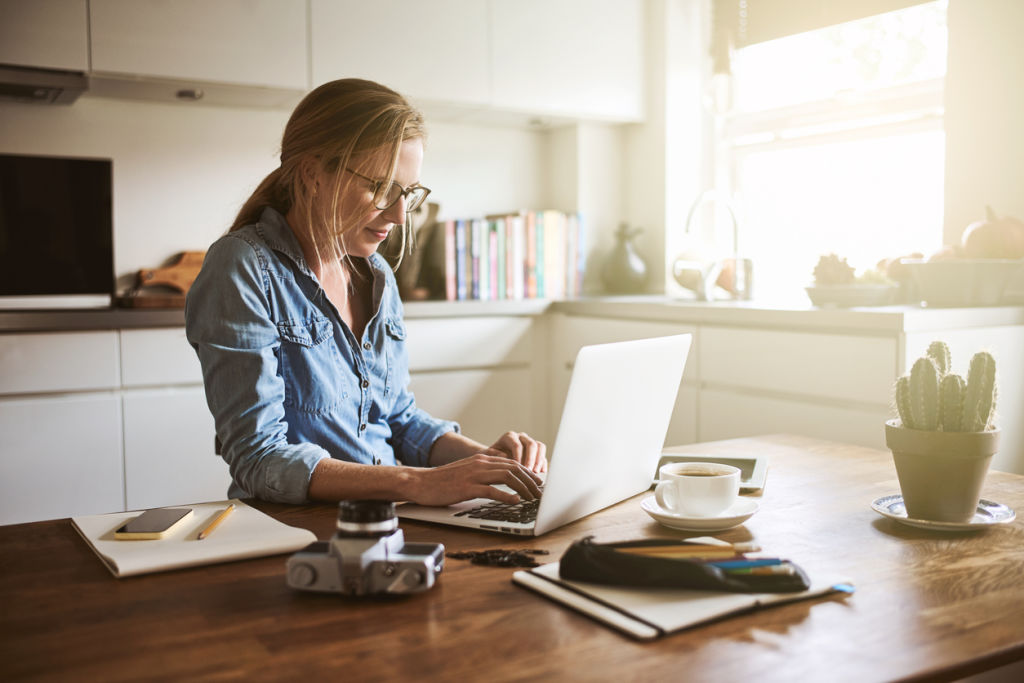
How long have we been staying at home now? Five weeks? Or maybe it’s a year?
If you’re struggling with cabin fever, we hear you. As social isolation drags on, it may become harder for some in the community to combat the mental health impacts, psychologists say.
Australians have done a mighty job in squashing the coronavirus curve. But, after several weeks, some of us are chafing – crowding into Coogee Beach or urging a return to school.
Early plans to bake bread or take up hobbies may have fallen by the wayside as the grind of working from home while home schooling and adjusting our lives take their toll.
“People are juggling kids and work and all these extra complexities to life,” said Carly Johnco, a senior research fellow and clinical psychologist in the Centre for Emotional Health in the Department of Psychology at Macquarie University.
“Everything is harder at the moment. You can’t just book in to go to the dentist, you’ve really got to think through what that would look like.
“Life has certainly been more challenging for a lot of people and some people have coped better than others.”
She pointed to research on previous pandemics that found some increase in the prevalence of people struggling with mental health impacts during an isolation period, but noted the rate of mental health issues were not meaningfully different from what would normally appear in a population.
The longer the period of isolation continued, the worse the mental health impact usually was, research published in medical journal The Lancet found.
Once the isolation period ended, most people found their symptoms would remit within a couple of months.
But financial loss caused by quarantine was found to be a risk factor for anxiety several months after.
As for the term “cabin fever”? It’s a popular expression used in place of more precise descriptions such as anxiety, depression or irritability, and Dr Johnco warns of the stigma still attached to acknowledging mental ill health.
“We all experience feelings of anxiety and concern to varying degrees,” she said.
“It’s very normal to have those feelings in a transient way, or from time to time.”
The difference is when someone has these symptoms in a prolonged way, and she emphasises the work mental health providers are doing to support the public through the crisis, with the backing of extra federal government funds.
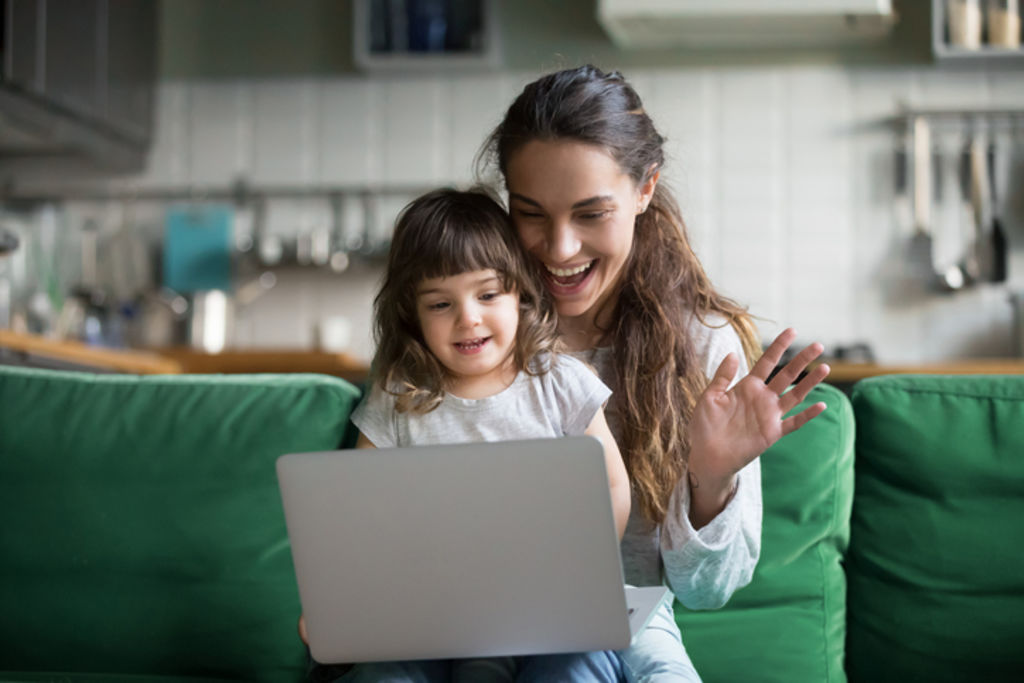
The idea of “cabin fever” also reflects our desire for some variation in our environment, says Deakin University psychology professor Peter Enticott.
“Part of that is the natural variation in our daily lives, and avoiding being too bored, and experiencing the same environment all the time,” he said.
“We need the variation in our life – that’s really important.
“A lot of us are just realising how much we miss being at work and the office banter and the corridor conversation, which you just don’t have.”
Feeling a lack of control about your own environment can exacerbate the effects, especially for someone prone to any anxiety, he says.
A month ago, advice circulating about how to spend your new free time and boost your mood suggested new hobbies, crafts, baking, indoor exercise or socially distant walks – but it’s not always as easy as it sounds.
“The reality is that a lot of us are more busy than ever, even though we don’t leave the house,” he said.
“I’ve got two kids at home in primary school, I’m enormously busy trying to work full-time and help with their schooling.
“We need to normalise just how disruptive this is.”
The paradox is that even when it’s hardest to fit in hobbies or find motivation to keep doing them, that might be when we need them most.
Behavioural activation is often the first recommendation for someone experiencing depression, University of Sydney Associate Professor Paul Rhodes says.
The pandemic has exposed how much we struggle to be alone without being overstimulated, he said, adding that someone’s experience of this time would also depend on whether they lived alone, with people they loved, or with people they found a challenge.
“Isolation and depression can go hand in hand,” he said.
“The danger is we ruminate, we overthink things, we catastrophise about the future.
“That’s why all of these things are really great: hobbies and walking … people are doing these things as an antidote to the black dog.”
Dr Johnco agrees, saying people are fatigued from the extra effort life is taking and finding it hard to be motivated to keep up exercise or hobbies.
But she said those strategies were still very helpful, and could be made easier by the social accountability of transitioning an existing yoga class, for example, to Zoom.
The good news is that cautious moves by some states to start easing restrictions gently and letting us leave our homes more often again could help our mood.
Experts stress the importance of strict compliance with the health advice in this period, to minimise the chance of fresh outbreaks.
From Friday, and keeping 1.5 metres apart, NSW will allow two adult visitors to a home and the Northern Territory will restart weddings, playgrounds and open house inspections and auctions. From Saturday, Queensland families can have picnics and already Western Australia has eased gathering limits to 10 people.
Some of us will find this exciting, while others will be scared about managing the risks of the new world we face, Dr Johnco says.
“Social connection is going to be helpful for everyone across the board,” she said.
“But learning to get out and about is going to be easier for some than for others.”
We recommend
We thought you might like
States
Capital Cities
Capital Cities - Rentals
Popular Areas
Allhomes
More
